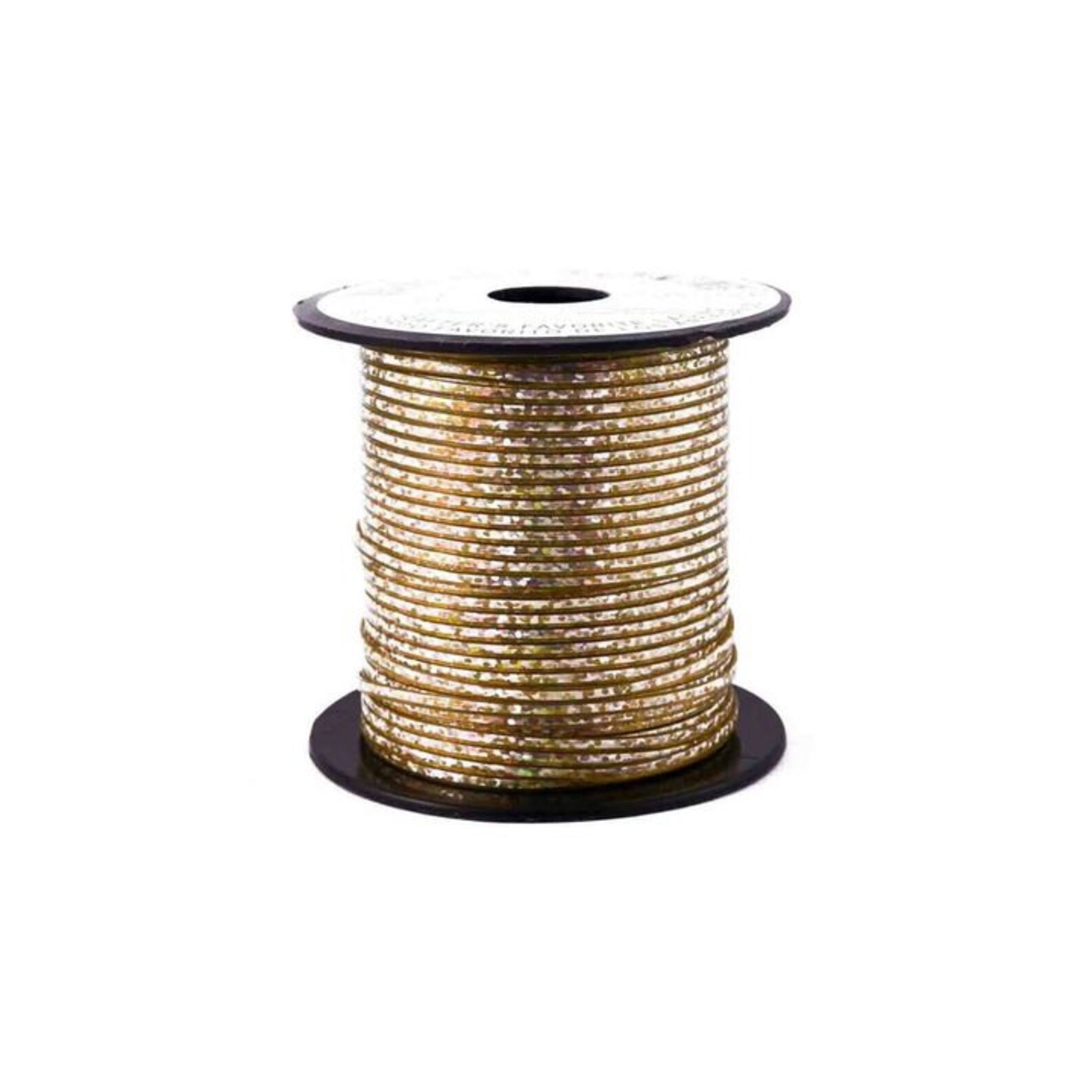
the Procedure Browser entry for uni-img, which we will define in the example below looks like this:įor the Script-Fu programmer this information shows that uni-img may be called with three parameters of the types INT32, STRING and COLOR. Handle = GlobalAlloc(GHND, len(data) + 2)Ĭtypes.Produces a new GIMP image of type RGB and size 100x150.Īll the functions of the PDB may be accessed through the Procedure Browser that is available from the main menu through Xtns ->Procedure Browser…. GlobalAlloc.argtypes = w.UINT, w.ctypes.c_size_t, SetClipboardData.argtypes = w.UINT, w.HANDLE, This does not work for (all?) 圆4 systems since the handles seem to be truncated to int-size.Įxplicitly defining args and return values helps to overcomes this problem. In addition to Mark Ransom's answer using ctypes: Handle = d.user32.GetClipboardData(CF_UNICODETEXT) HCd = d.kernel32.GlobalAlloc(GMEM_DDESHARE, len(text.encode('utf-16-le')) + 2)Ĭ(ctypes.c_wchar_p(pchData), text)ĭ.user32.SetClipboardData(CF_UNICODETEXT, hCd)
Gimp string .dll#
If you want no external dependencies, use this code (now part of cross-platform pyperclip - C:\Python34\Scripts\pip install -upgrade pyperclip): def copy(text):ĭ = ctypes.windll # cdll expects 4 more bytes in user32.OpenClipboard(None) Copied data stays on the clipboard after Python exits: "Testing Also when reading Unicode data with Unix linefeeds copied from Windows. Tested OK in Python 3.4 on Windows 8.1 and Python 2.7 on Windows 7. Try: text = code('utf8') # Python 2 needs decode to make a Unicode string. Win32clipboard.SetClipboardText(text, win32clipboard.CF_UNICODETEXT)ĭata = win32clipboard.GetClipboardData(win32clipboard.CF_UNICODETEXT) I've tried various solutions, but this is the simplest one that passes my test: #coding=utf-8 I've modified the above code to include that missing information. The functions from ctypes don't have argument and return types properly specified, and the defaults don't work consistently with 64-bit values.
Gimp string windows 10#
Then I got a new computer with Windows 10 and Python 3.10, and it failed for me the same way as indicated in the comments.
Gimp string update#
Update : This was working great for me in Windows 7 and Python 3.8.

It has been tested in both Python 2.7 and 3.5, and works even with emoji such as \U0001f601 (😁). The above has changed since this answer was first created, to better cope with extended Unicode characters and Python 3. Handle = GlobalAlloc(GMEM_MOVEABLE | GMEM_ZEROINIT, len(data) + 2)Ĭmmove(pcontents, data, len(data)) Raw_data = ctypes.create_string_buffer(size)Ĭmmove(raw_data, pcontents, size) Handle = GetClipboardData(CF_UNICODETEXT) import ctypesįrom ctypes.wintypes import BOOL, HWND, HANDLE, HGLOBAL, UINT, LPVOID kapace's solution is much more workable, but the formatting is contrary to my style and it doesn't work with Unicode.

Strcpy(ctypes.c_char_p(pchData), bytes(data, "ascii"))įor some reason I've never been able to get the Tk solution to work for me. HCd = GlobalAlloc(GMEM_DDESHARE, len(bytes(data,"ascii")) + 1) Pcontents = GetClipboardData(1) # 1 means CF_TEXT. OpenClipboard(None) # Open Clip, Default task GlobalAlloc = # Global memory allocation OpenClipboard = # Basic clipboard functionsĮmpt圜lipboard = 圜lipboard

This is what I use (excuse the poor style, but the idea is there): import ctypes You can also use ctypes to tap into the Windows API and avoid the massive pywin32 package.


 0 kommentar(er)
0 kommentar(er)
